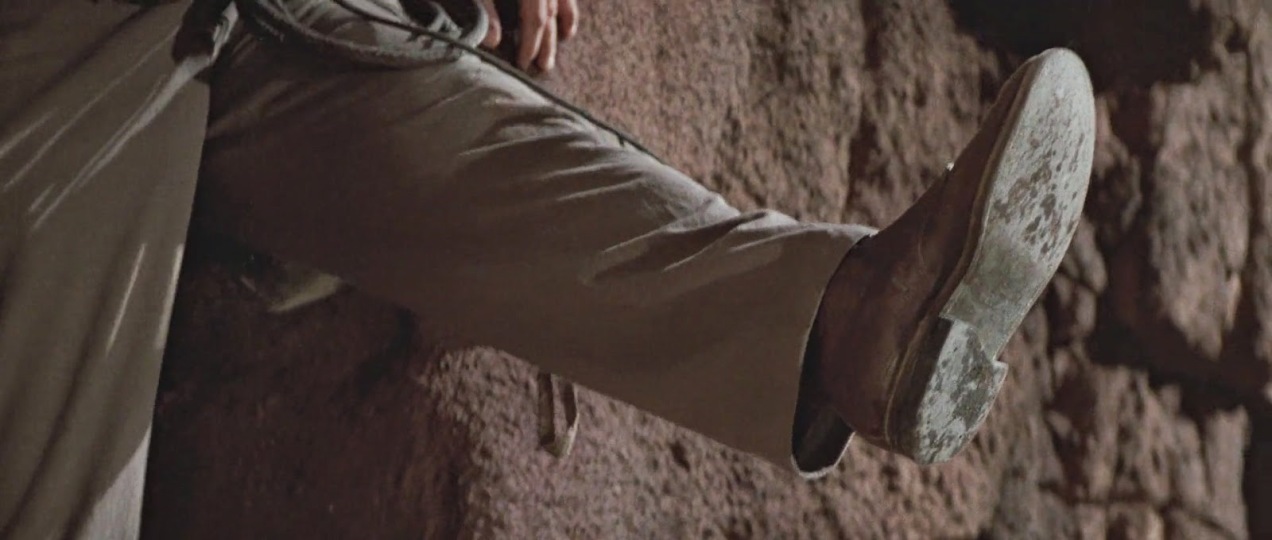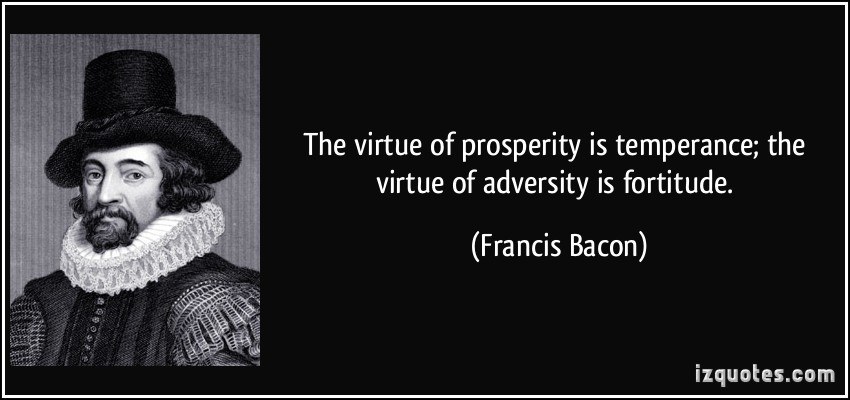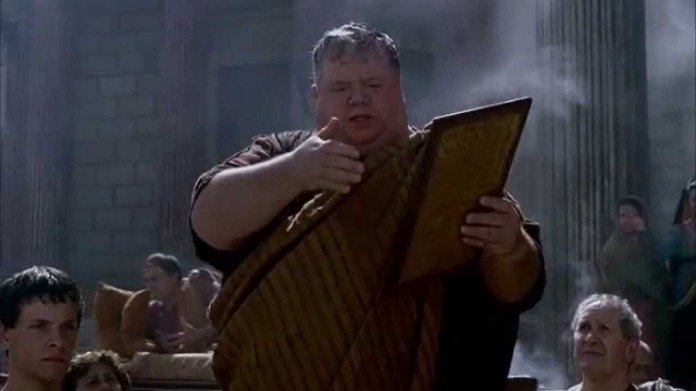A friend recently asked me to clarify what I saw as the link between my energy work and how that led me to “loose myself”.
I spent quite a bit of time writing up a draft answer, only to delete it when something new surfaced. Then again. Then finally….
A truth just came flying out of the darkness and hit me.
OUCH.
The link is that I was using spirituality as a means of escape, rather than a means of understanding.
So, I was literally escaping myself rather than understanding myself … and therefore getting “lost”. By design, I might add. *hangs head* Damn these truth bombs bring the pain.
Tying in that post on Pride, part of my motive for experimenting was pride based. A “look at me the ubie special snowflake!” sort of idea. This attitude necessitates looking outside myself for approval, recognition, acceptance, appreciation.
A memory surfaces and I have to laugh because da-yam – this is a huge truth bomb and I’m not sure it will translate well into words. Here’s the memory:
I was about 20, trying to go to sleep one night. I was in that hypnogogic half asleep/half awake state. Something unseen climbed onto the bed and I mumbled a hello, not bothering to look. I had no fear, until suddenly, I did. The moment fear entered the picture is the moment hands grabbed my ankles and yanked my energy body about 3″ down the bed. This scared the bejebus out of me and I scrambled back up, clutching at the pillow as if that was an anchor. Again, the hands grabbed my ankle and pulled me this time almost half way down the length of the bed. Utterly terrified, now I’m scrambling to get back into position and I remember there’s a Bible beside the bed. In the waking world, nope, not there. But in this half-asleep dream state I put it there. I’m reaching for it, heart pounding, completely sure that if only I could touch it then God or some force bigger than me would act as a shield through this book to protect me. My fingers only a breath away, the invisible hands again grab my ankles and almost pull me completely off the bed. Nearly mindless with terror, I’m leaping for that damn book when an epiphany hits me hard and blows everything away. The strength I need is not “out there”. It’s “in here”, within me. Fear means I don’t trust what is within, and so I turn to without for protection. In this case, it’s a purely spiritual thing – we’re not talking physical protection here.
I snapped fully awake on this realization, completely awed by the entire experience. And until just now, right NOW, I missed the full lesson. At the time, I understood the fear part, the understanding of in-here is where the real power resides. What I missed is that in order to fully access it, there must be a path to it — an understanding of the road, the geography of the inner self. By knowing that inner core, truly, being unafraid to face it and see what lies there in all its terrifying heinous glorious beauty, that’s where spiritual strength lies. I can learn all the buzz words and practice with just the right tools, but those are all trappings. Window dressing. Meaningless … without an active path to the interior.
What I just said, about using spirituality to escape rather than understand, is exactly the situation in my dream. Reaching for something “out there” will never give me what I needed. In my case, I got lost and had to find my way back to the core to some degree. And it wasn’t until this latest round of getting lost that I’d finally decided “No, I really need to understand myself if I’m going to be doing this for reals.”
*chuckles*
So with asshat one, I was pulled down that metaphorical bed just enough to realize “oh shit”.
With asshat two, I was pulled down half-way and really reaching for something outside of myself to anchor me. Of course those external anchors had to go! (so says Soul).
And with asshat three, I was pulled almost off the bed, terrified out of my mind only to suddenly realize … the power I seek is inside, not outside. Always. But to truly access it, I first have to understand it as it exists within me, because mine is unique to me alone.
Guess that makes me the real asshat, eh?
=========
Featured Image: A scene from the movie Willow.










